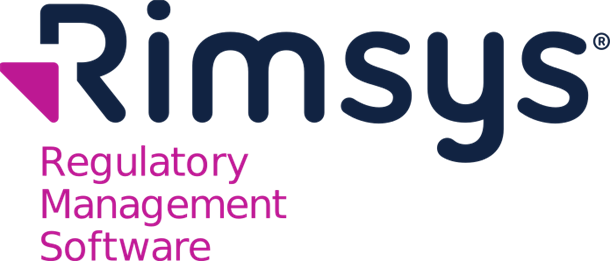Back

Medical Devices
Domain: Regulatory Frameworks & Strategy
Knowledge Area: Process & Procedures
Using TPLC and GMLP as Your Lighthouse, When Sailing Blind Among AI Icebergs
Thursday, May 11, 2023
11:45 – 12:45 CEST
Location: Pearl 1
Supported By

.jpeg.jpg)
Catarina Carrão
CEO
BioSciPons, Austria
Koen Cobbaert
Senior Manager - Quality, Standards & Regulations
Philips, Belgium
Moderator & Presenter(s)
Description: Medical device manufacturers use Artificial Intelligence (AI) and Machine Learning (ML) technologies to improve health care. AI/ML devices present unique regulatory considerations due to their iterative-data-driven nature. Specific applications may even learn from real-world use to enhance the product's performance, adding complexity.
As applying Good Machine Learning Practices (GMLP) is essential, we will present its guiding principles as laid out by FDA, Health Canada, and MHRA and the supporting terms and definitions developed by the International Medical Device Regulators Forum (IMDRF). These provide a foundation for future growth in this rapidly progressing field.
Many AI/ML algorithms being functionally opaque poses specific challenges. We will demonstrate how race, ethnicity, and socio-economic status in historical datasets used for training can inadvertently impact the generalizability and bias of AI/ML-based SaMDs. We will discuss how an appropriately tailored Total Product Life Cycle (TPLC) is crucial to provide sufficient oversight to determine the safety and efficacy of such medical devices.
Gathering performance data allows manufacturers and regulators to understand how their products are used in the real world, what improvement opportunities exist, and how to proactively respond to safety, performance, or usability concerns indicative of potential non-compliances. We will illustrate how seamless gathering and validation of relevant parameters and metrics for AI/ML-based SaMDs in the real world is essential for continued certification.
Finally, in this session, we will discuss the hidden impact of the European AI Act and how it affects medical device manufacturers and their portfolios. We will share key insights to help you prepare and plan for the transition period, reducing the impact on your customers.
As applying Good Machine Learning Practices (GMLP) is essential, we will present its guiding principles as laid out by FDA, Health Canada, and MHRA and the supporting terms and definitions developed by the International Medical Device Regulators Forum (IMDRF). These provide a foundation for future growth in this rapidly progressing field.
Many AI/ML algorithms being functionally opaque poses specific challenges. We will demonstrate how race, ethnicity, and socio-economic status in historical datasets used for training can inadvertently impact the generalizability and bias of AI/ML-based SaMDs. We will discuss how an appropriately tailored Total Product Life Cycle (TPLC) is crucial to provide sufficient oversight to determine the safety and efficacy of such medical devices.
Gathering performance data allows manufacturers and regulators to understand how their products are used in the real world, what improvement opportunities exist, and how to proactively respond to safety, performance, or usability concerns indicative of potential non-compliances. We will illustrate how seamless gathering and validation of relevant parameters and metrics for AI/ML-based SaMDs in the real world is essential for continued certification.
Finally, in this session, we will discuss the hidden impact of the European AI Act and how it affects medical device manufacturers and their portfolios. We will share key insights to help you prepare and plan for the transition period, reducing the impact on your customers.
Learning Objectives:
- Understand the guiding principles of Good Machine Learning Practice for Medical Device Development; and comprehend concepts and definitions defined by the IMDRF working group unique to AI/ML medical devices
- Identify sources of bias and generalizability in AI/ML-medical devices training data sets
- Grasp real-world performance evidence generation for AI/ML-medical devices
- Understand the European AI Act, its requirements, how they apply to medical device manufacturers, and how they impact its users
- Prepare and plan for the implementation of the AI Act
